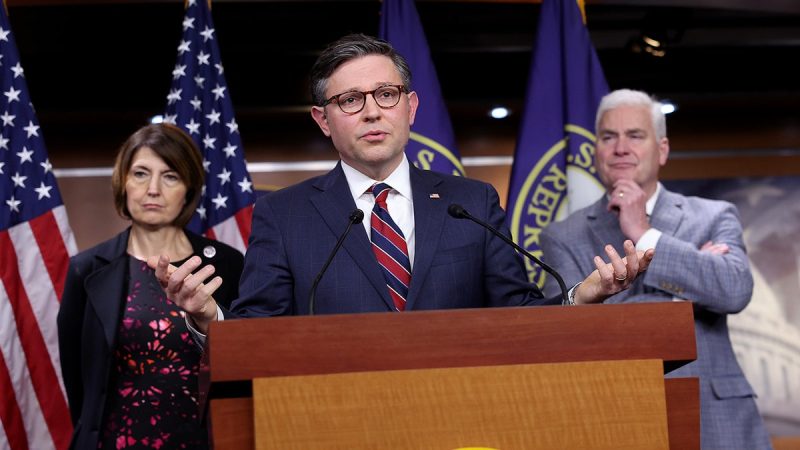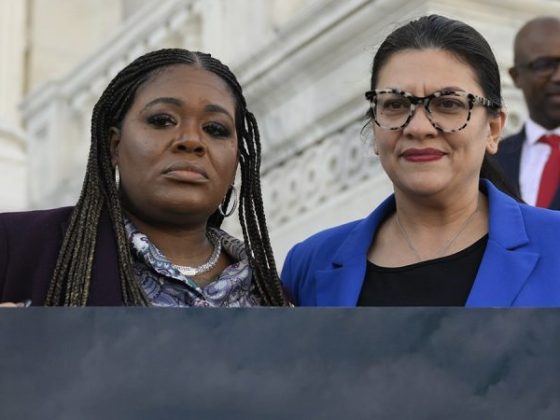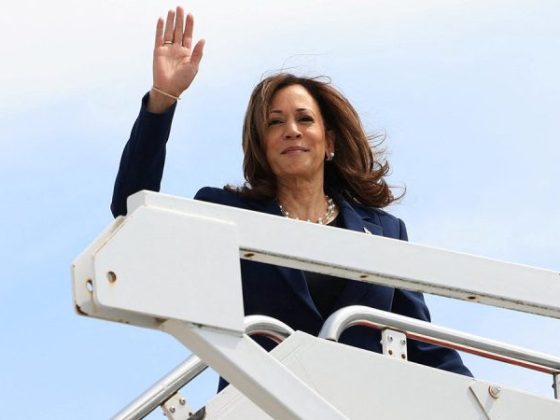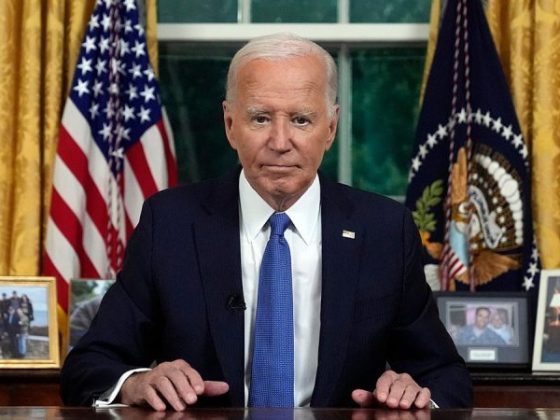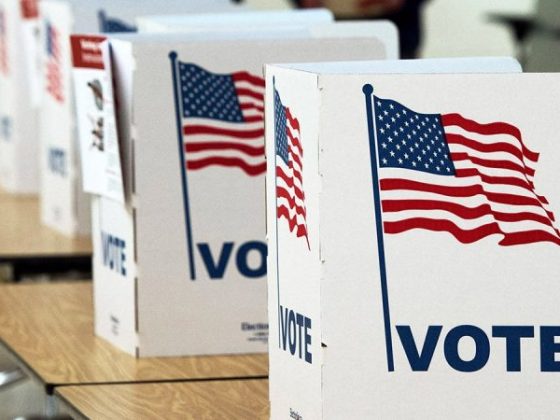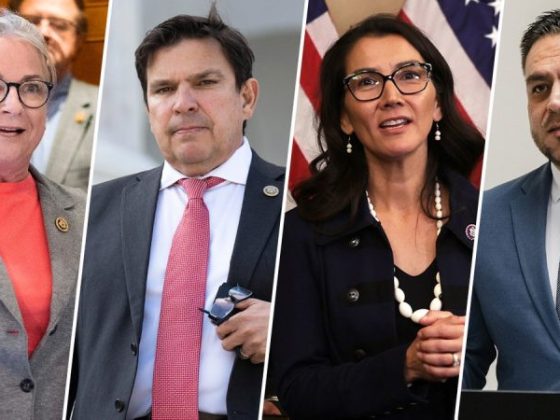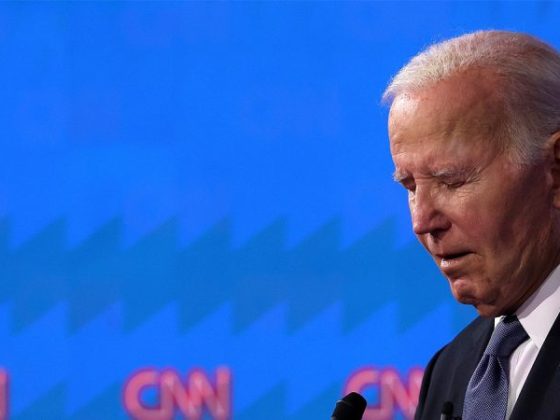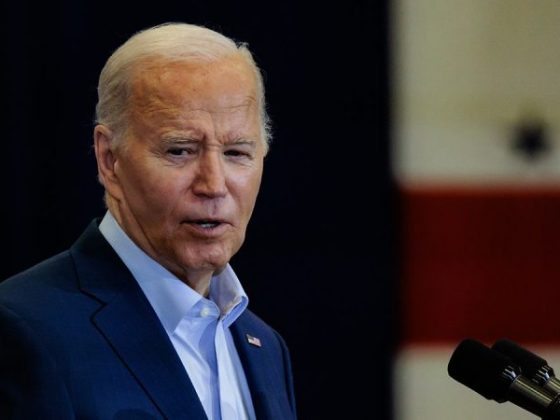As part of an ongoing effort to alleviate poverty and stimulate economic growth, the US House of Representatives has passed a substantial package, billed at a whopping $78 billion. This includes an extension of the expanded child tax credit along with a considerable boost to US manufacturing – a two-pronged approach aimed to improve everyday life for individuals while encouraging industry.
Foremost in this financial bundle is a continuation of the expanded child tax credit, demonstrating a continued commitment to supporting families across the country. The tax credit was previously enacted for just one year as part of the American Rescue Plan. This additional funding ensures a continued lifeline for families, with the potential to lift millions out of poverty.
The original child tax credit allowed for up to $2,000 per qualifying child, but the expanded version more than doubles this figure. With the updated provisions, families could receive $3,600 for each child under six years old and $3,000 for each child aged between six and seventeen. This initiative not only provides immediate relief for families in need but has the potential to significantly impact childhood poverty rates across the nation.
Furthermore, by placing money directly in the hands of consumers, this child tax credit will likely stimulate economic activity. As families across the country spend their tax credits, they can potentially stimulate the economy, creating a trickling effect of benefits that reach well beyond the direct recipients of the credit.
On the other side of this package, boosting US manufacturing is a determined step towards reviving the heart of the American industry. The bill focuses not just on supporting existing manufacturers, but on making substantial investments in advancing technologies and clean energy sectors. This portion of the bill aims to secure the future of American manufacturing, promoting growth, sustainability, and international competitiveness.
Providing a financial injection into the manufacturing industry is expected to generate a significant number of jobs, driving down unemployment rates. The labor-intensive nature of manufacturing means that a boost in this sector can have a profound impact on the job market.
Moreover, this investment in manufacturing isn’t just great for the economy; it is also a significant environmental step forward. By putting funds into advancing technologies like clean energy, the bill contributes to environmental sustainability efforts and aligns with the broader strategy to combat climate change.
Together, these provisions form a comprehensive response to some of the most pressing issues facing the United States today: poverty, unemployment, industrial decay, and environmental responsibility. The financial impact of the bill is likely to have lasting effects, balancing immediate relief for struggling families with substantial investments in the future of American industry.
While the road ahead is undeniably challenging, the passing of this tax bill has laid a sturdy foundation for progress. It underscores the commitment of the House of Representatives to ensuring the welfare of American families and the revival of American industry, setting the stage for a stronger, more resilient economy. By putting families and manufacturing at the heart of its economic strategy, America is gearing up to stride confidently into the future.

